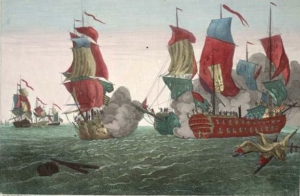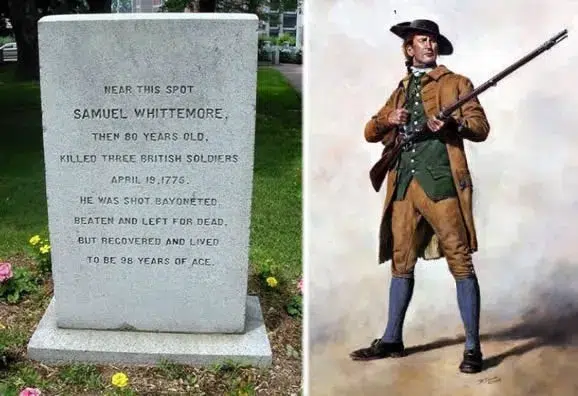Why did it take me 52 years to learn that American naval hero John Paul Jones launched a successful amphibious attack on England during the Revolutionary War?
His bold and decisive victory included:
- Leading a small detachment of two boats from his ship, the USS Ranger, to raid the port at Whitehaven, England, where more than 400 British merchant ships were anchored.
- Successfully taking the town’s southern fort, disabling its cannon, and setting fire to the fort, engulfing the entire town in flames.
- Continuing onto Kirkcudbright Bay, where he planned to abduct the earl of Selkirk and then exchange him for American sailors held captive by Britain.
- Unable to find the earl at home, Jones stole his silver, including his wife’s teapot, which still contained her breakfast tea.
- Finally, sailing across the Irish Sea to Carrickfergus, where he captured the HMS Drake after delivering fatal wounds to the British ship’s captain and lieutenant.
How was this not the lead story in American history class? How has a movie not been made about this expedition?
In case you didn’t know, John Paul Jones is better known for this:
Eighteen months after his assault on England, in September of 1779, Jones fought one of the fiercest battles in naval history when he led the USS Bonhomme Richard in an engagement with the 50-gun British warship HMS Serapis.
Amid the battle, the Bonhomme Richard was severely damaged, began taking on water, and caught fire.
When the British captain of the Serapis ordered Jones to surrender, Jones famously replied:
“I have not yet begun to fight!”
A few hours later, after Jones managed to lash the ships together, allowing him to take advantage of the Bonhomme Richard’s considerably more numerous crew, the captain and crew of the Serapis surrendered, and Jones took command of the British ship as the Bonhomme Richard sank to the bottom of the sea.
Although the Bonhomme Richard was lost in the battle, the outcome was one of the factors that convinced the French crown to back the colonies in their fight to become independent of British authority, thus shifting the balance of power in the war.
If history teachers led off their classes with stories like these – including amphibious assaults, stolen teapots, and unforgettable refusals to surrender – I suspect they would likely find themselves with students more engaged and more excited to learn history.










